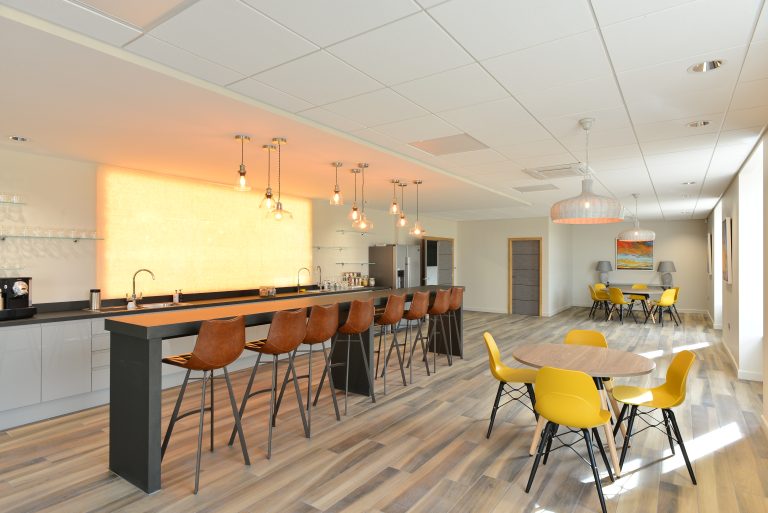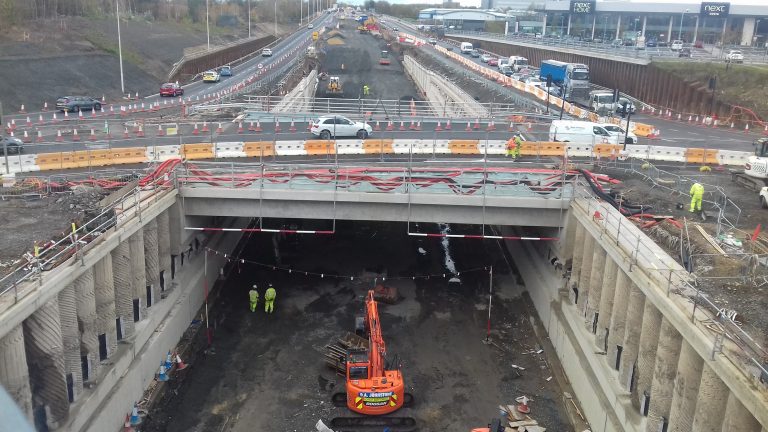For almost every purchase in life, cheaper is not necessarily better value. Yet, when it comes to homes, buyers often deceive themselves into thinking that, if there are similar sized homes in the same location, then the lowest priced home is better value. This is not true and potentially an expensive mistake. Value is not cheaper. Value is spending wiser and investing in the future. Economists judge value on three criteria: efficiency, effectiveness and economy, whilst investment is about future returns. Taking these in turn: Efficiency: Is your new home the best design for you and your lifestyle? How far is it to work, shops or schools? Is the public transport good enough? Can I get to see my friends and family as easily as I would like? Are the bedrooms big enough for a decent sized wardrobe? Effectiveness: Does the kitchen/living space create a family hub? Where will the children do their homework? Do I have a utility area? Where is the visitor parking? Do I have a useable private garden with patio? Do I have a good-sized balcony or terrace in my apartment? Economy: Are the kitchen appliances up to expectations? Do I have fast broadband? Do I have a well-specified home with quality doors, furniture and fittings? Investment: Am I part of a much larger development where my home has little individuality? Will my new home hold its premium because I am in a good area with few new homes? Is the quality of my home including fittings, sufficiently good to ensure that it will present well when I sell? On many larger developments, you are probably paying for a house type that has been repeated many times and similar to homes on other developments built in the area. And, as every small compromise adds up, the positive advantage of ‘cheaper’ is outweighed by the negative impact of the home’s imperfections. It may not be good value and will certainly not be a wise investment. If you want real value, you have to look beyond price. At Troy Homes, the directors are involved from the outset to ensure the homes are designed with the customer in mind. Invariably their homes are bespoke, to ensure they fit the location and market. Even as the site is built, they may need to make changes to improve the home. They invest all their own personal knowledge and drive for excellence in every home. And this is reflected in the Troy Home you buy – every detail has value with the focus on exceeding customer expectations. When you search for property online, your criteria will be limited to location, price, size, new/old, etc. These are all important, but they are one dimensional. Such a yes/no, black and white search needs a holistic approach – is this the best home for me for now and in the future? What will my home be worth when I sell? Will it be unique and desirable? If you can positively answer these questions you would have bought a value-for-money home. By Richard Werth, CEO of Troy Homes









